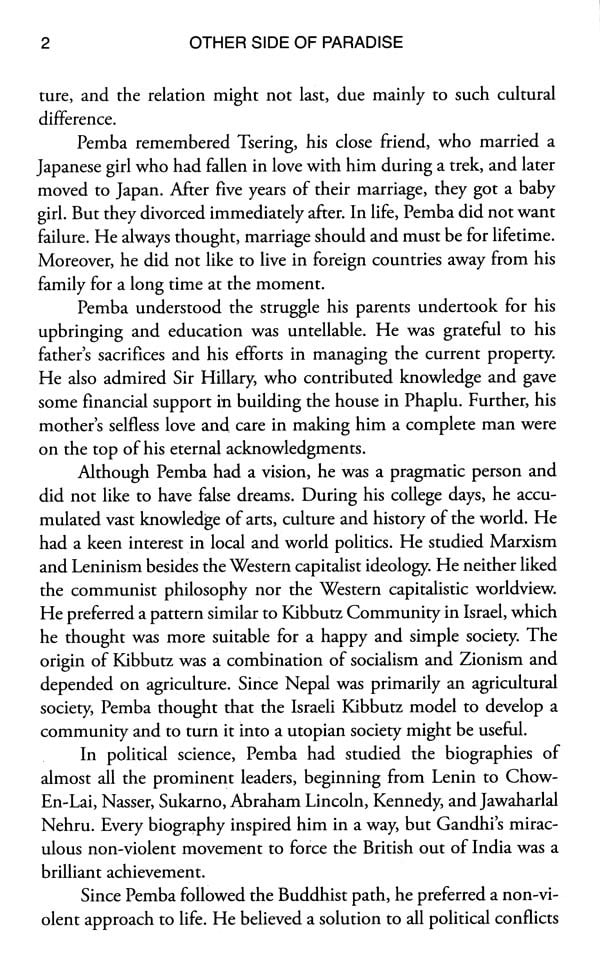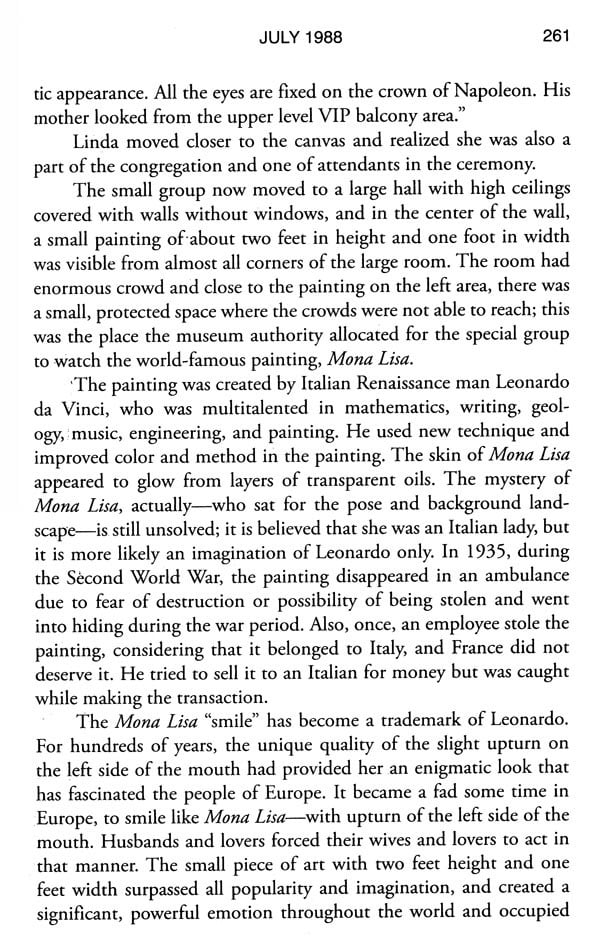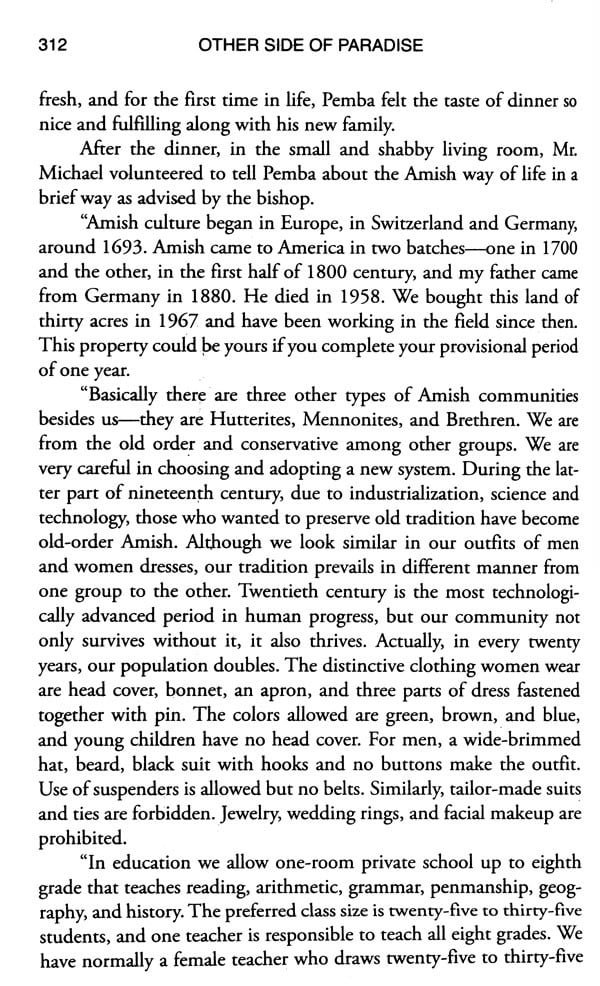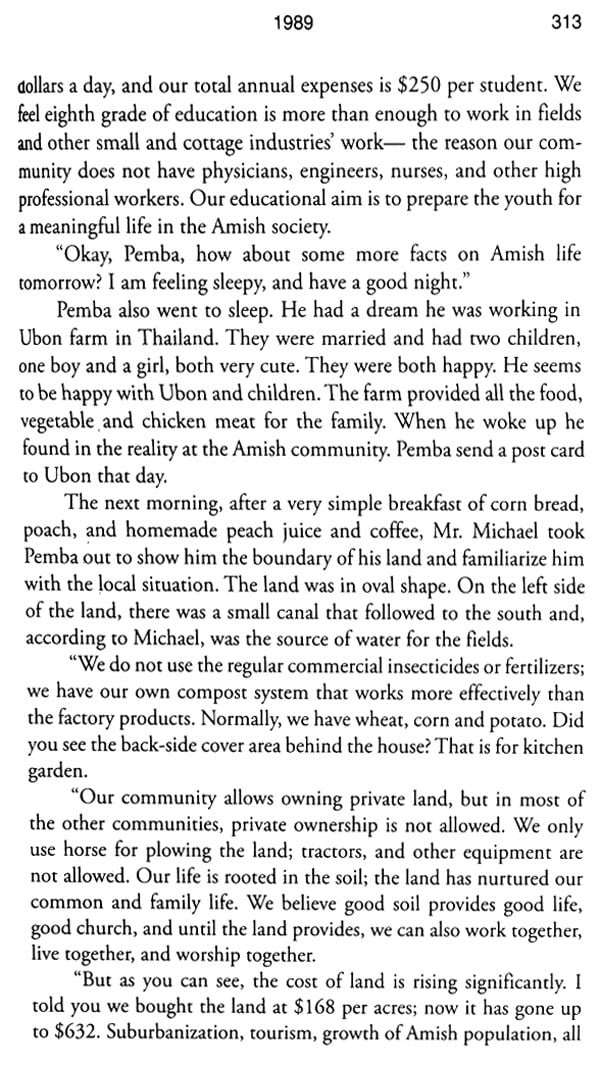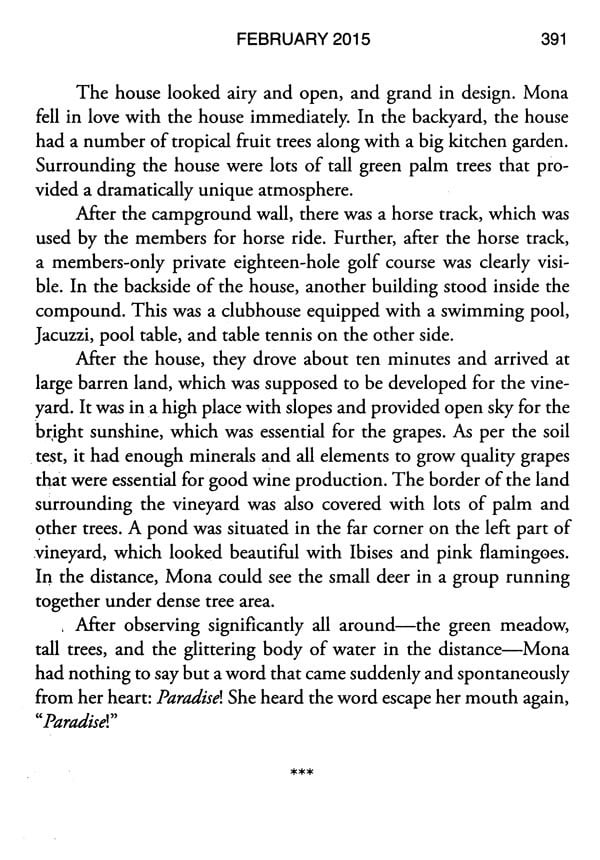
Other Side of Paradise
Book Specification
| Item Code: | UAO414 |
| Author: | Kenny Pandey |
| Publisher: | Vajra Books, Nepal |
| Language: | English |
| Edition: | 2017 |
| ISBN: | 9789937623797 |
| Pages: | 396 |
| Cover: | PAPERBACK |
| Other Details | 9.50 X 6.50 inch |
| Weight | 400 gm |
Book Description
Originally published in 1997, this volume takes a long-term view of the various processes of ethnic and national development both before and after the re-establishment of the multi-party system in 1990, and it examines the ways that different political regimes have framed and attempted to control castes and ethnic groups. It brings together twelve carefully chosen ethnographic and historical chapters covering most of the major ethnic groups and regions of Nepal. Two leading Nepali intellectuals. Prayag Raj Sharma and the late Harka Gurung, provide concluding commentaries For this edition a substantial new introduction brings the story up to 2008. With its coverage of different groups and regions, Nationalism and Ethnicity in Nepal provides a rich and grounded introduction to contemporary Nepal. It will be essential reading for all South Asian specialists, for sociologists, anthropologists, and historians interested in nationalism and ethnicity. and for anyone seeking to understand how Nepal is likely to develop in future.
Joanna Pfaff-Czarnecka is Professor of Social Anthropology at the University of Bielefeld. Her publications include (co-authored with A. Nandy. D. Rajasingham, and T. Gomez) Ethnic Futures: The State and Identity Politics in Asia (Sage, 1999) and (with C. Bueschges) Die Ethnisierung des Politischen: Identitätspolitiken in Lateinamerika, Asien und den USA (Campus, 2007).
John Whelpton is a Research Associate of the Chinese University of Hong Kong. His publications include Jang Bahadur in Europe (Sahayogi, 1983), Nepal (World Biographical Series 38) (Clio, 1990), Kings, Soldiers and Priests: Nepalese Politics and the Rise of Jang Bahadur Rana, 1830-57 (Manohar, 1991), (with M. Hoftun and W. Raeper) People, Politics and Ideology: Democracy and Social Change in Nepal (Mandala, 1999), and A History of Nepal (C.U.P., 2005).
**Contents and Sample Pages**


